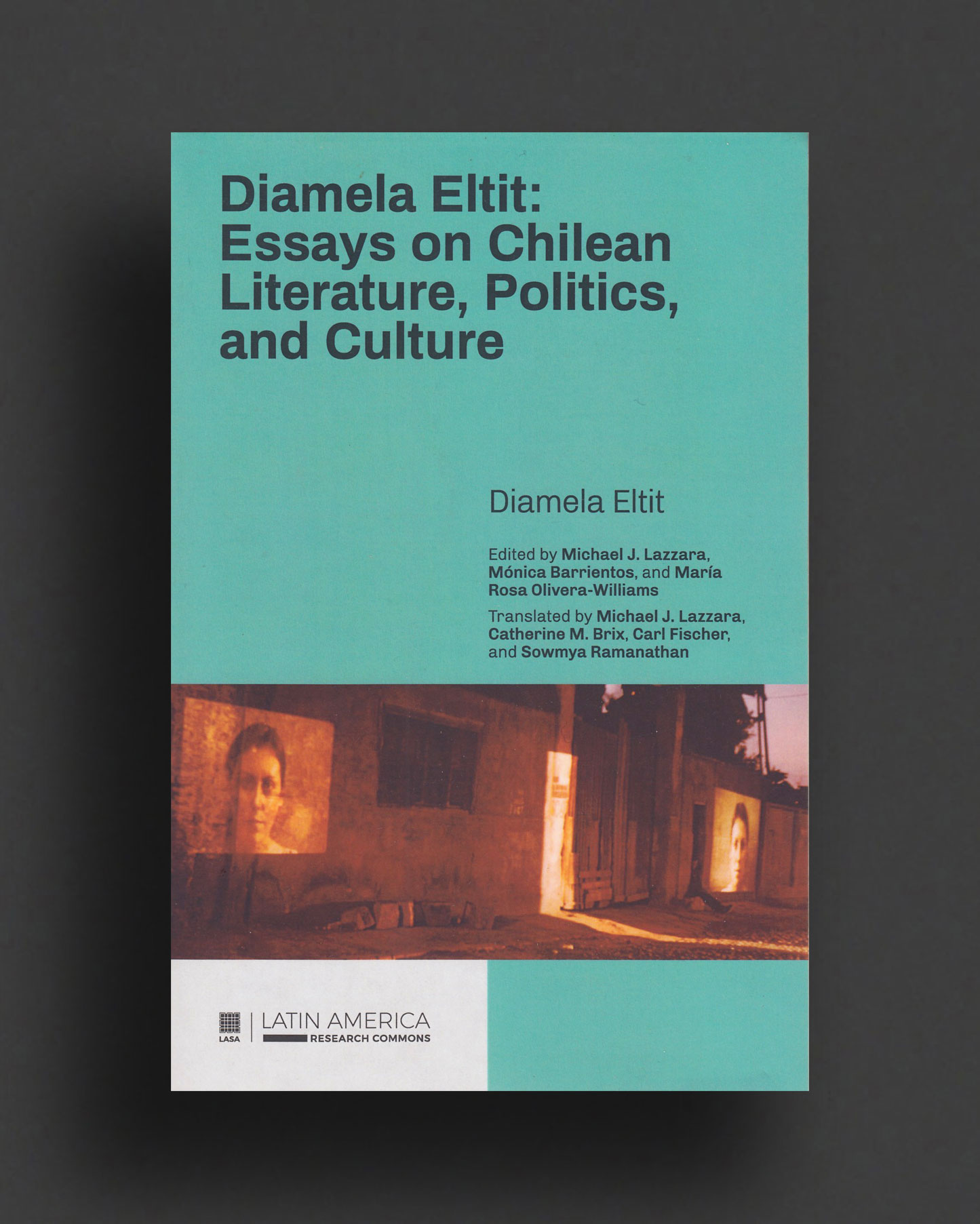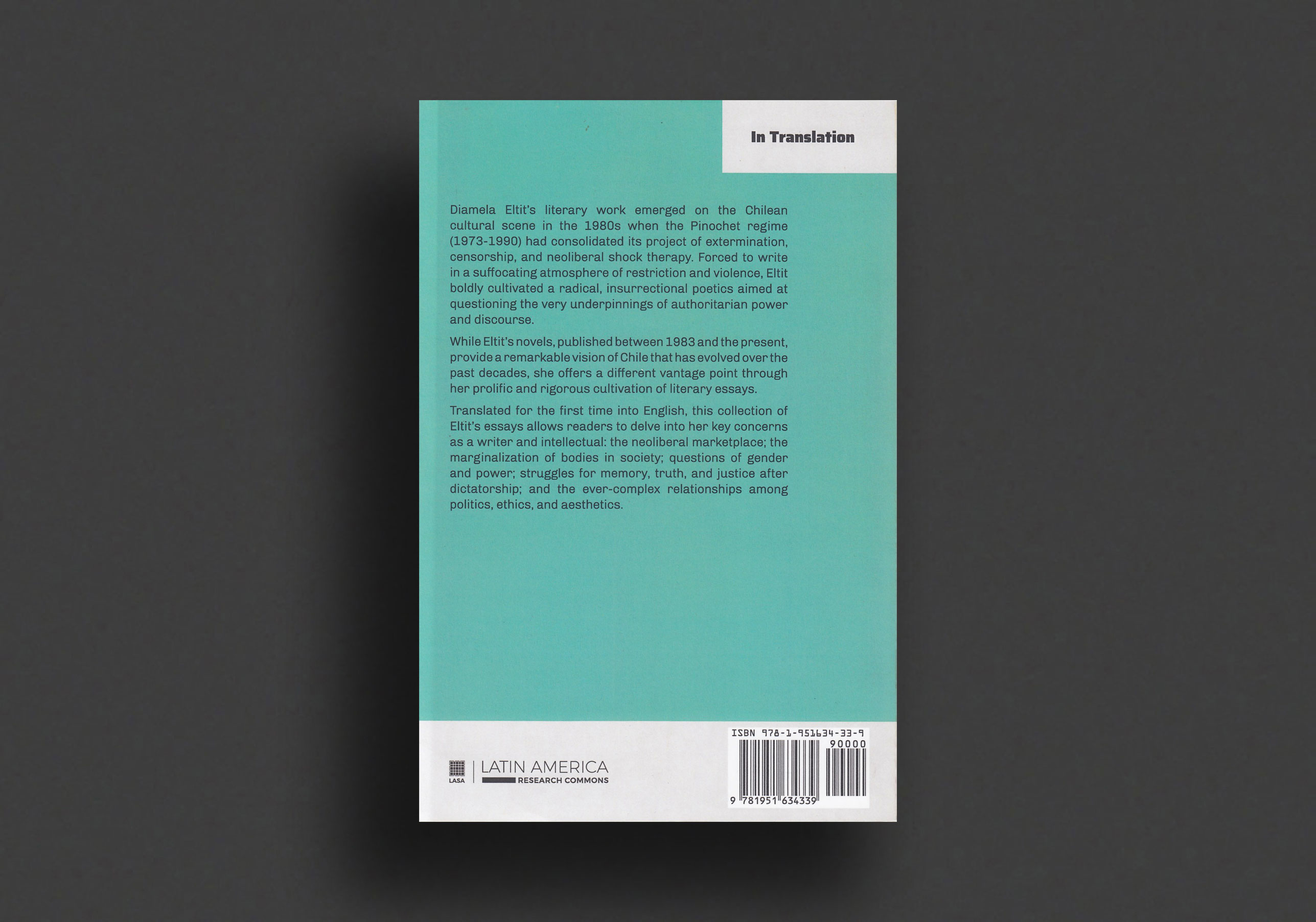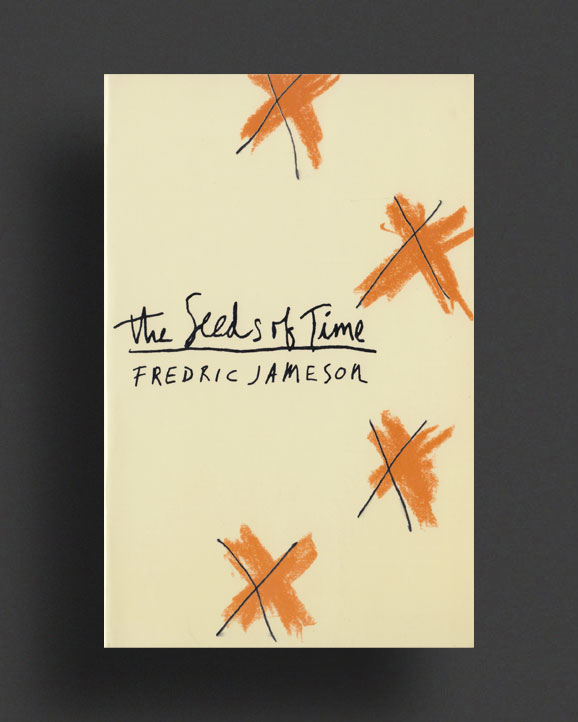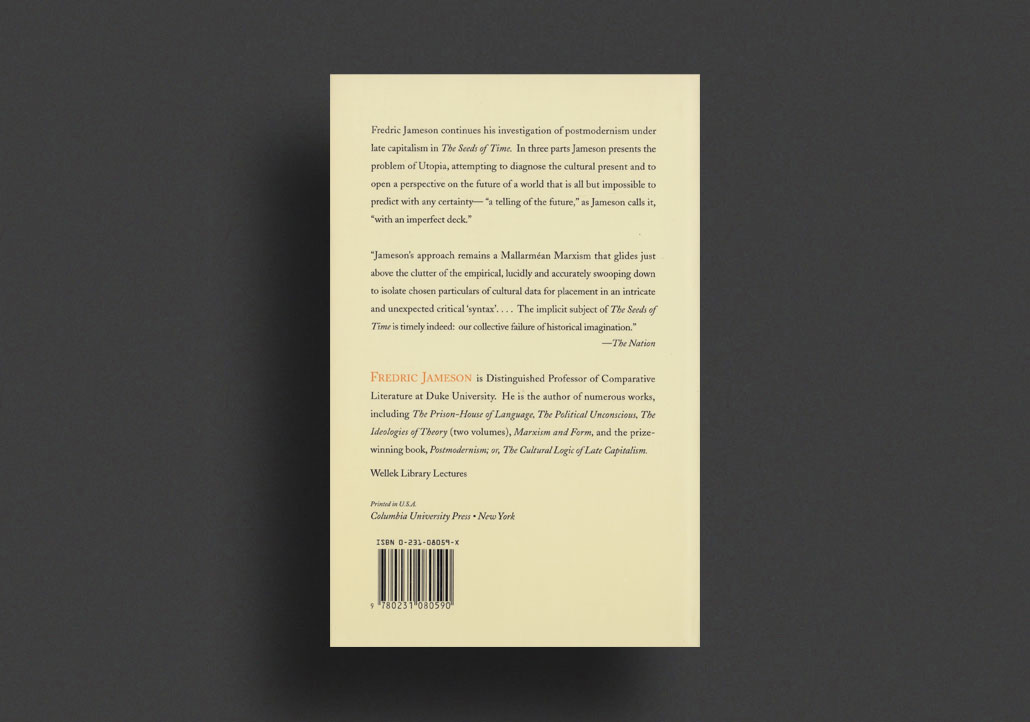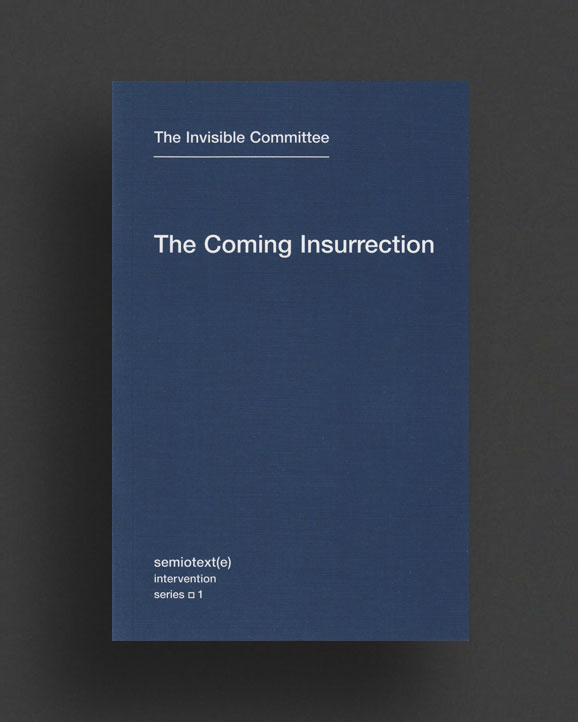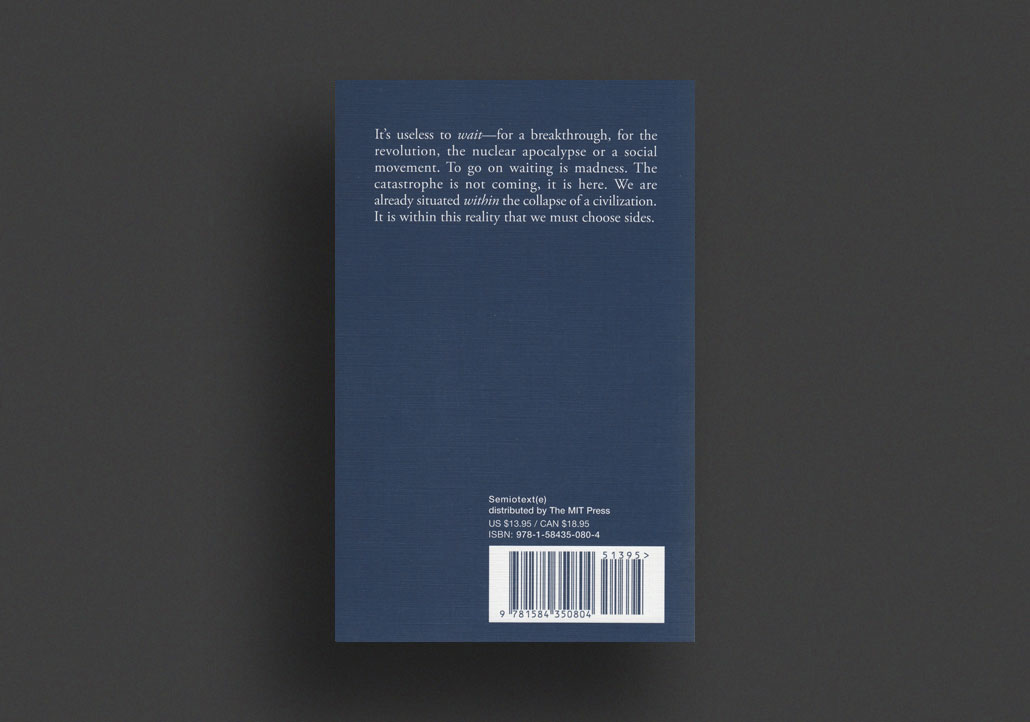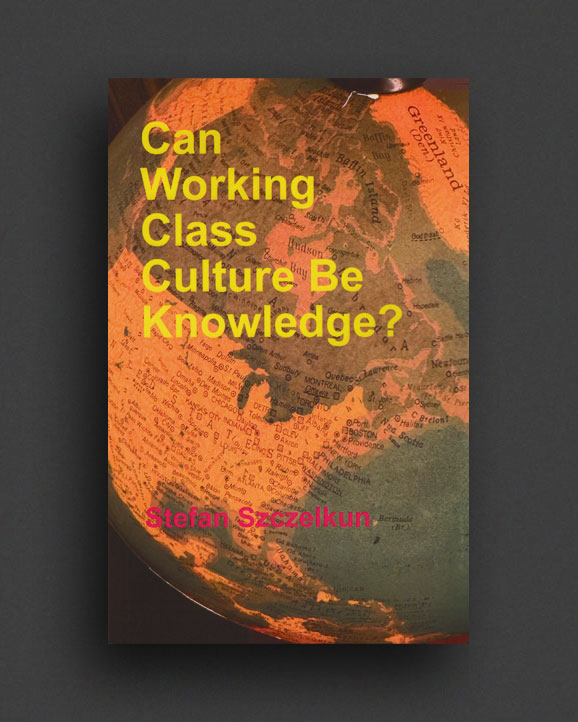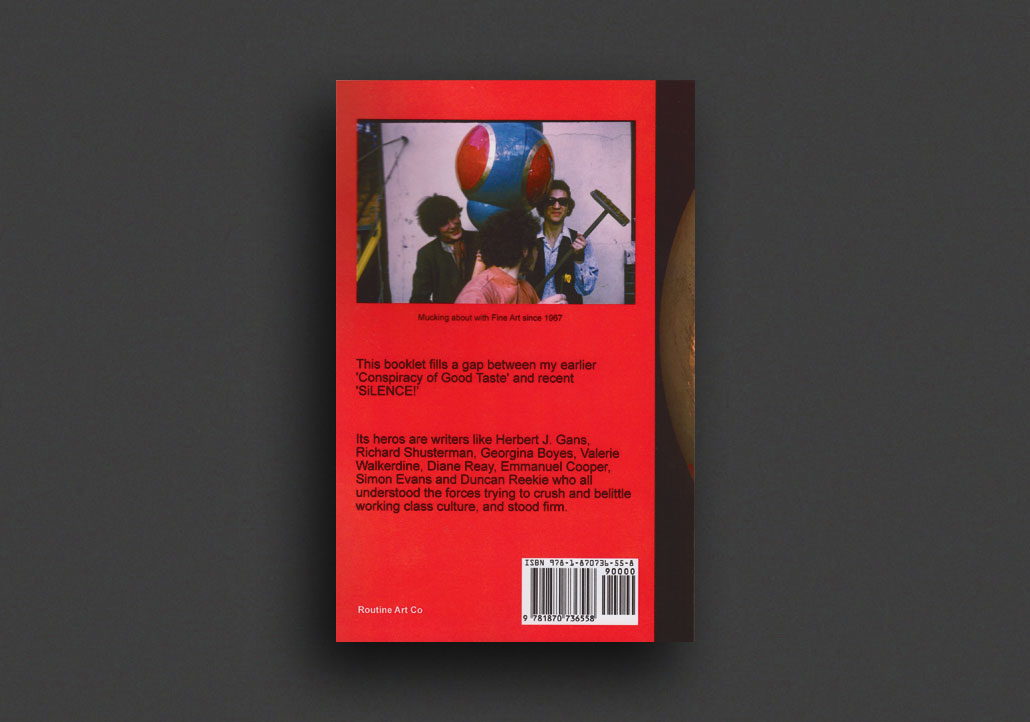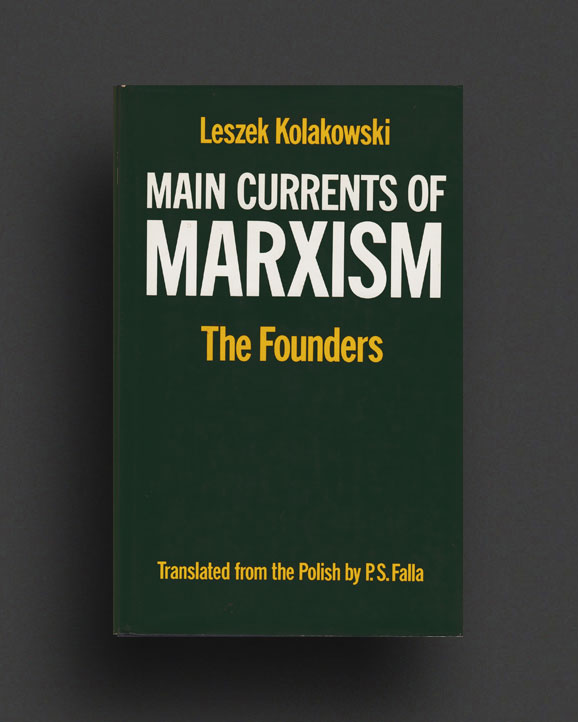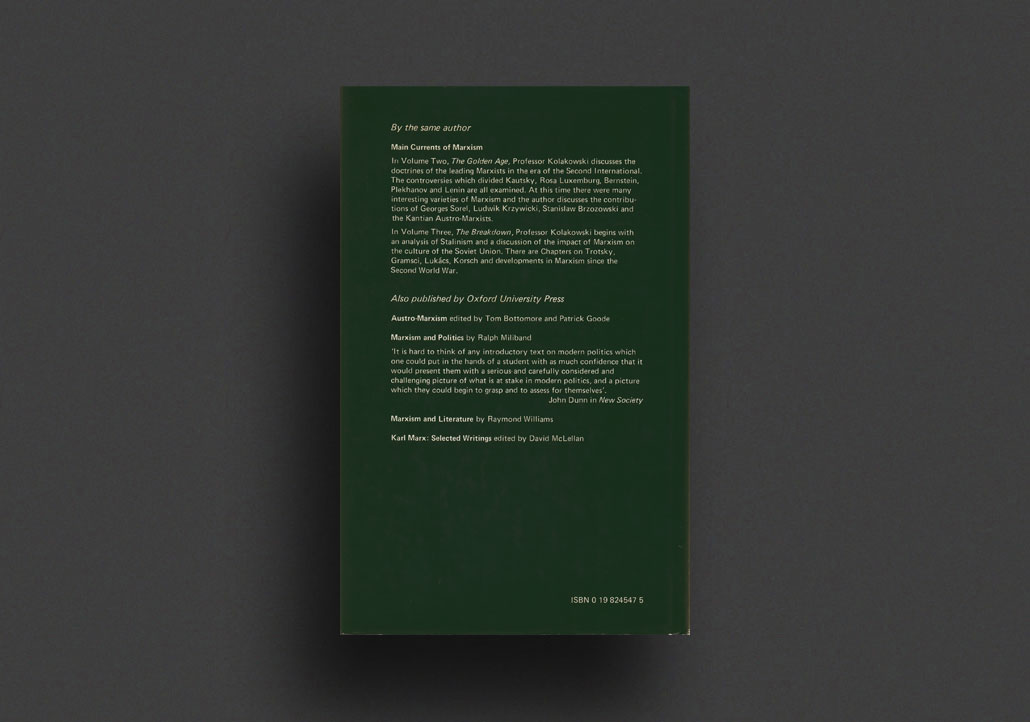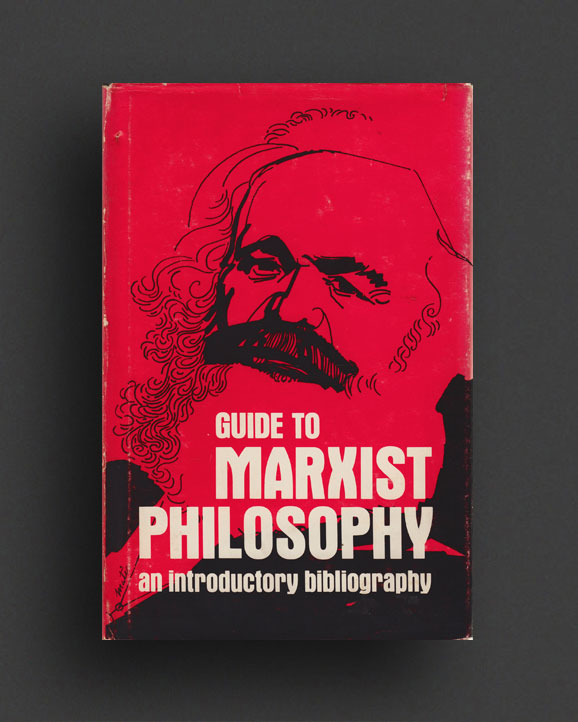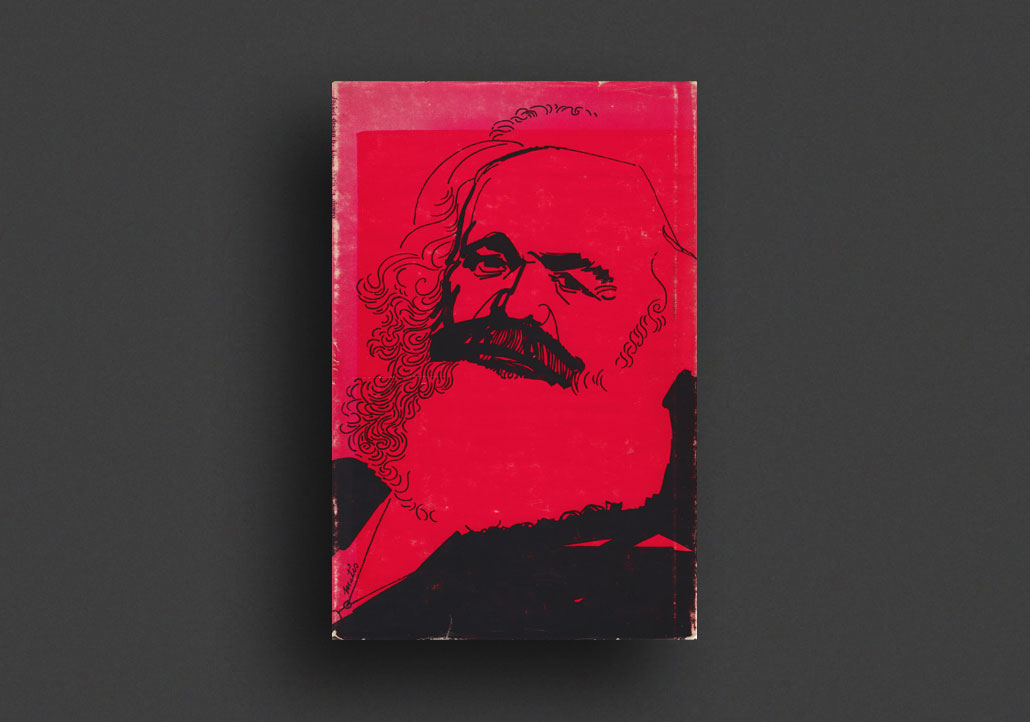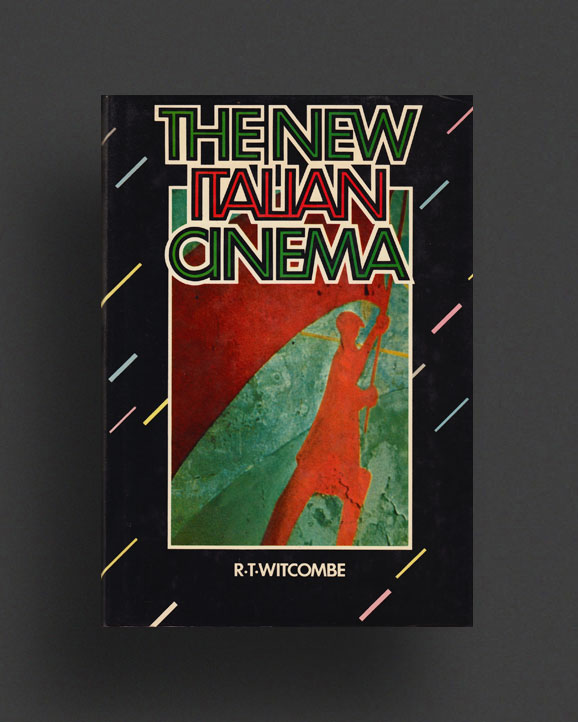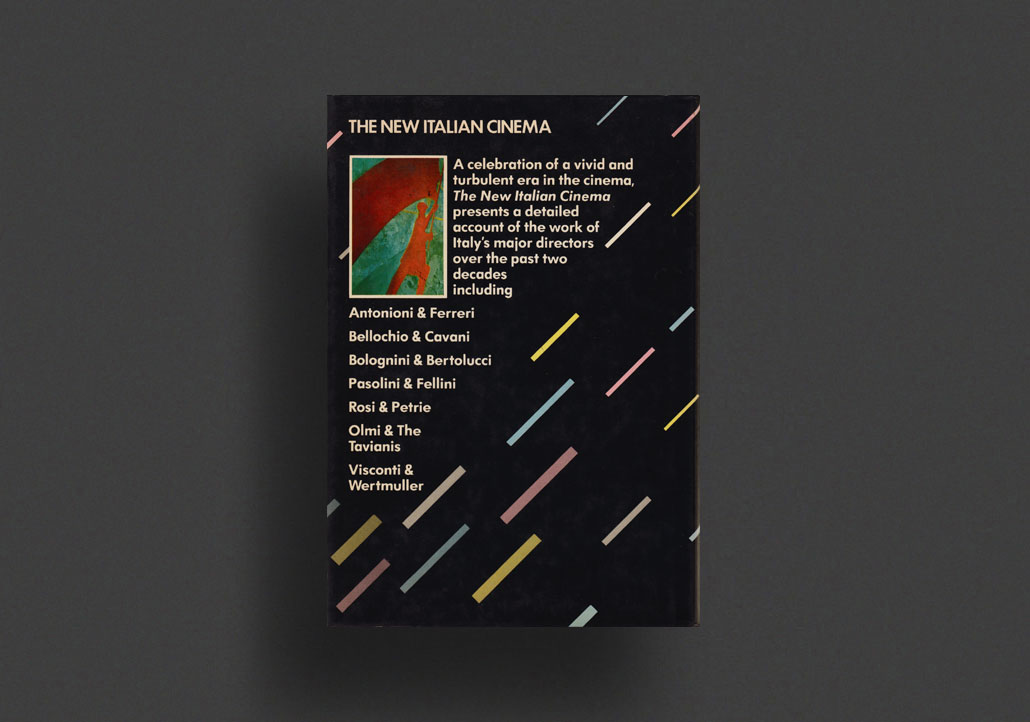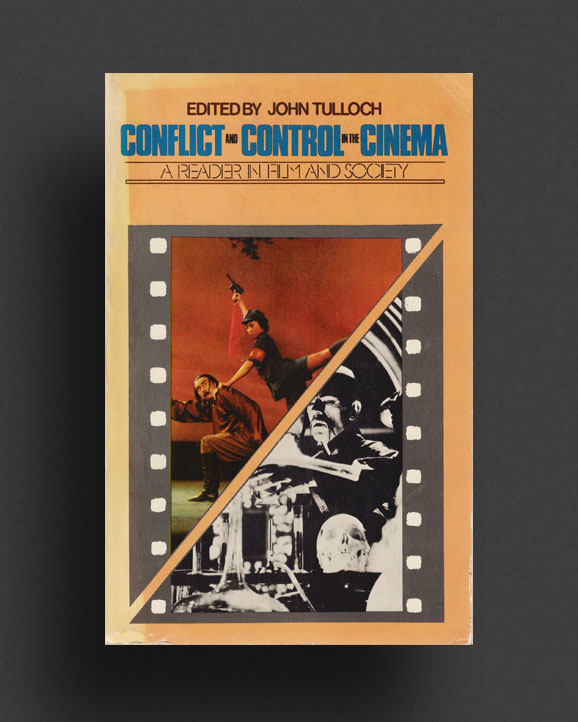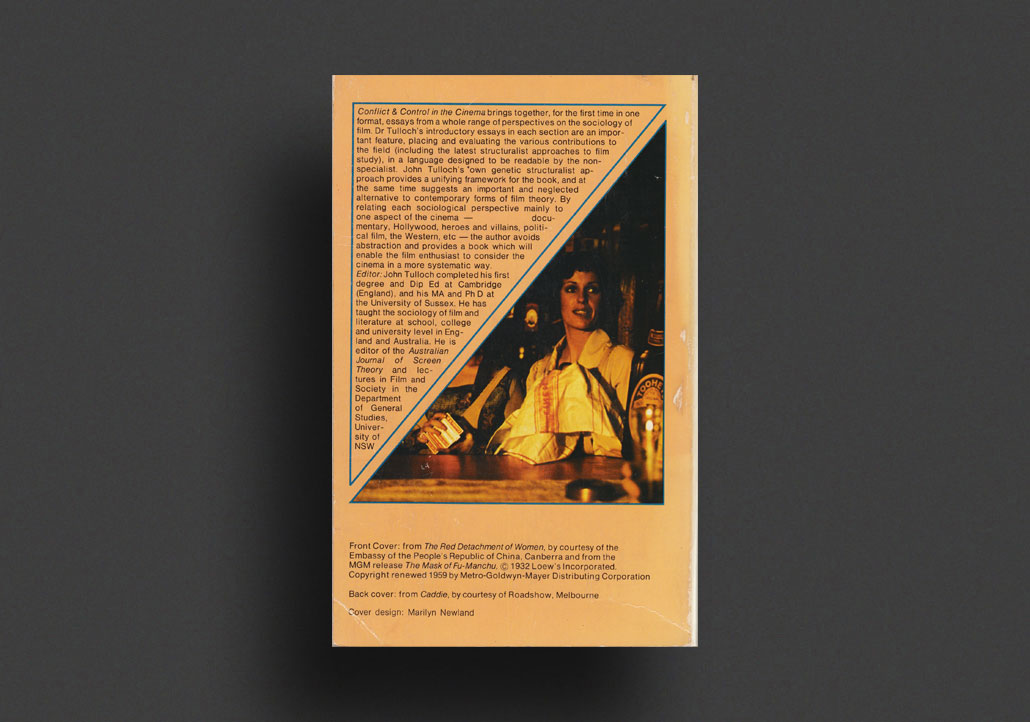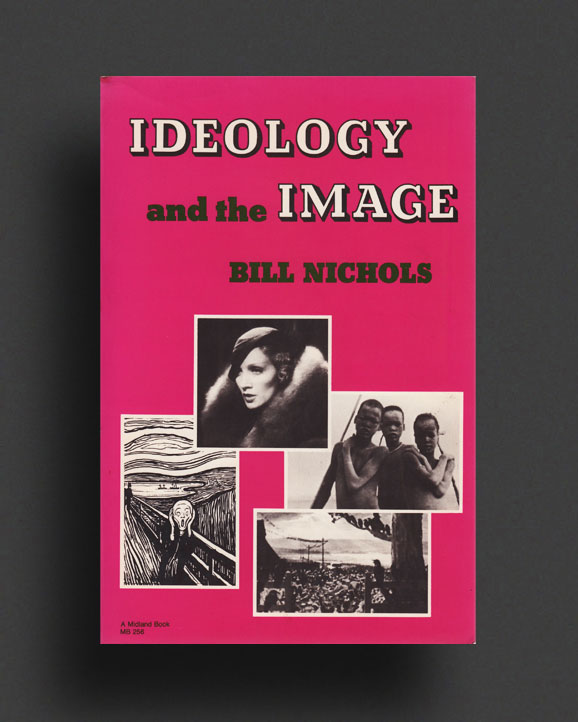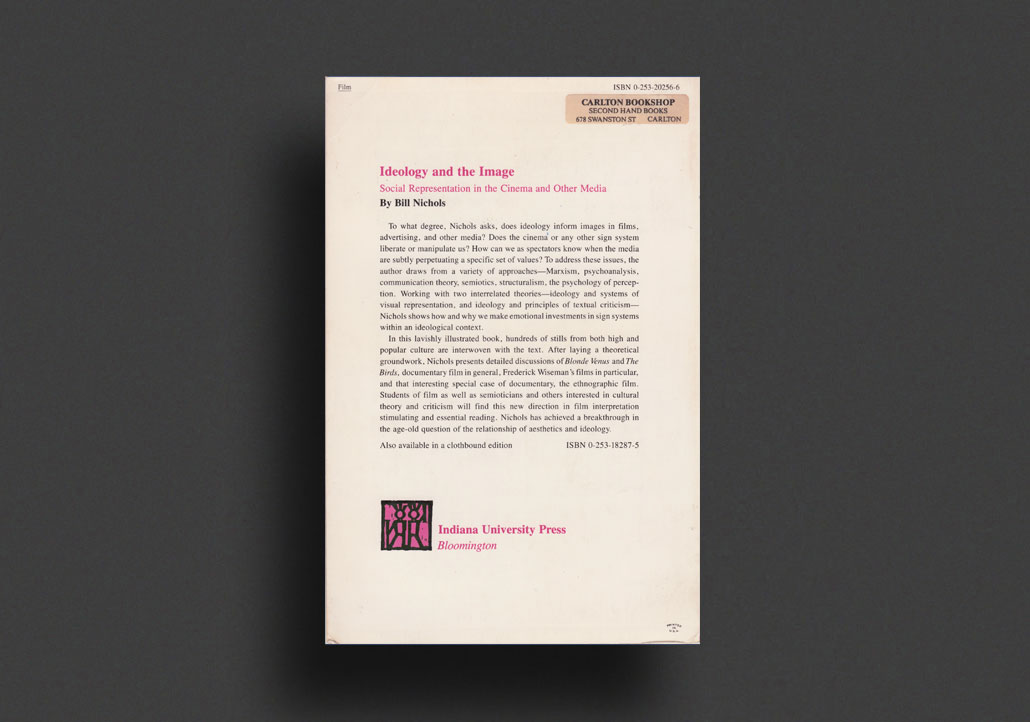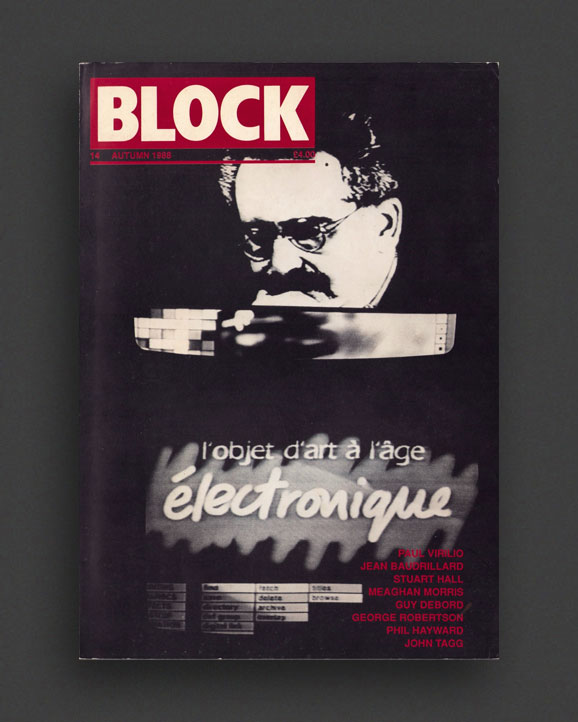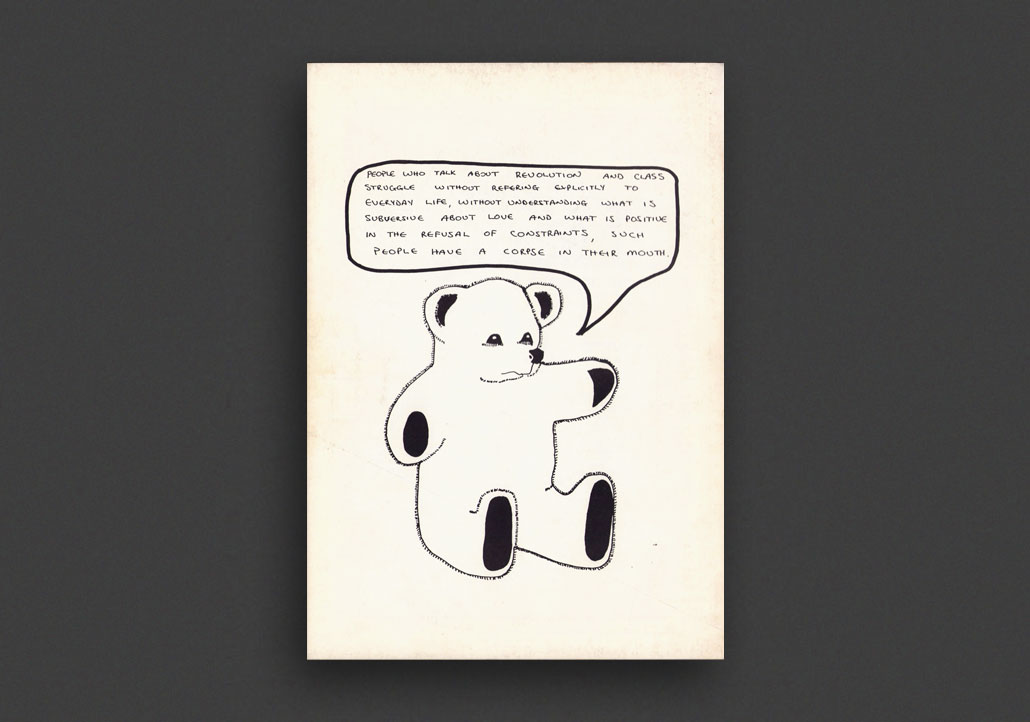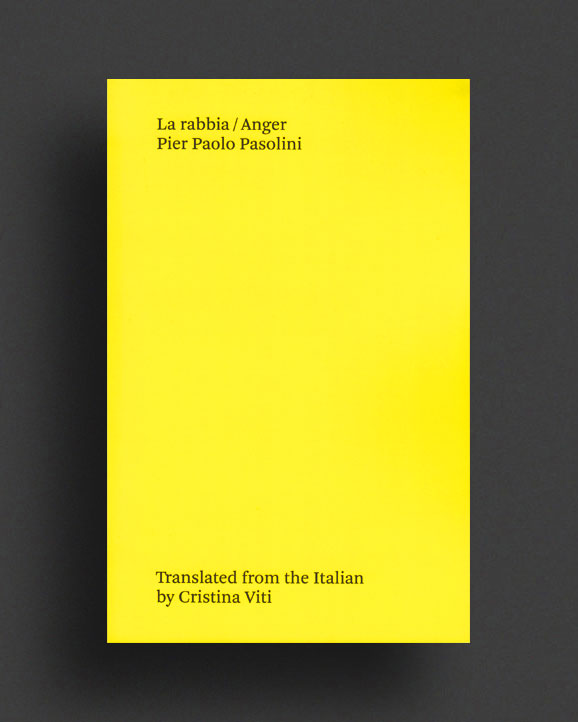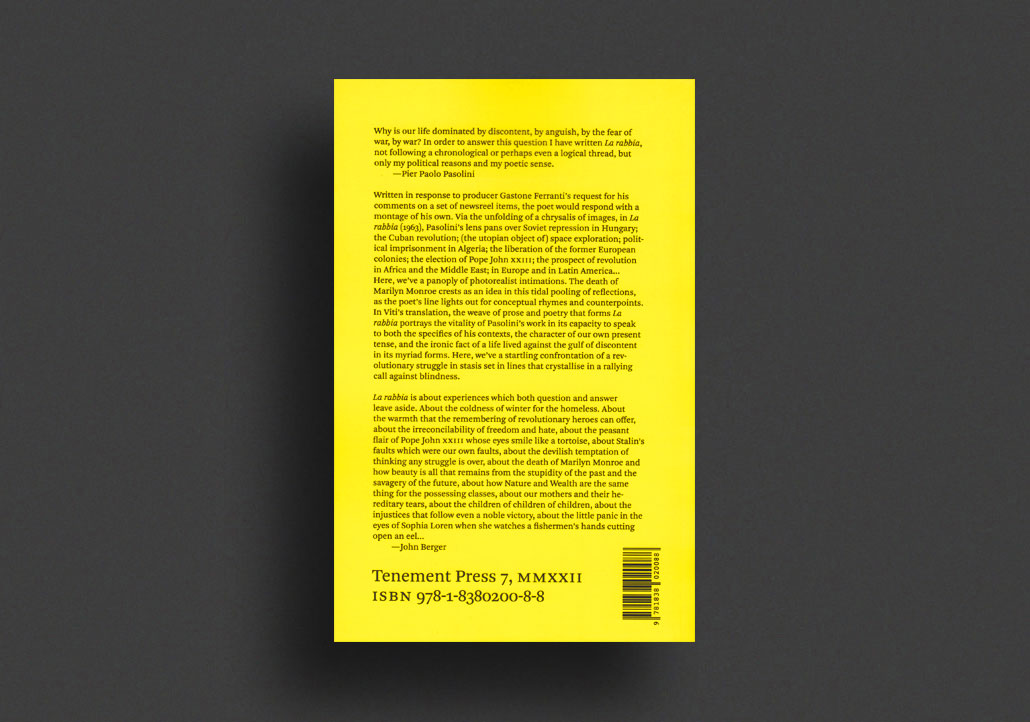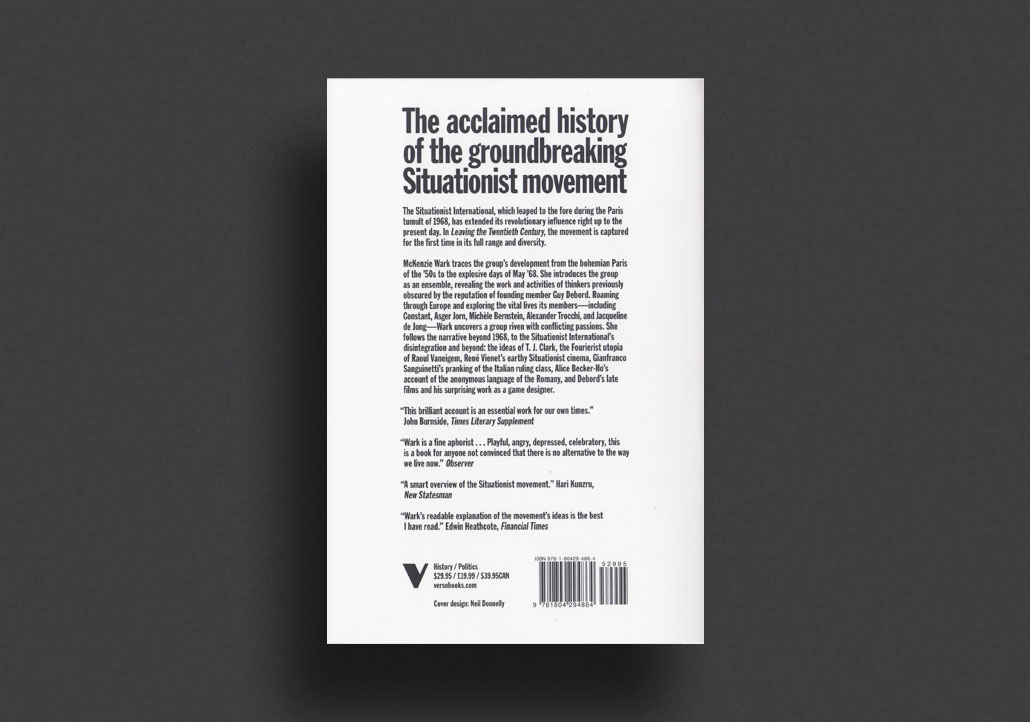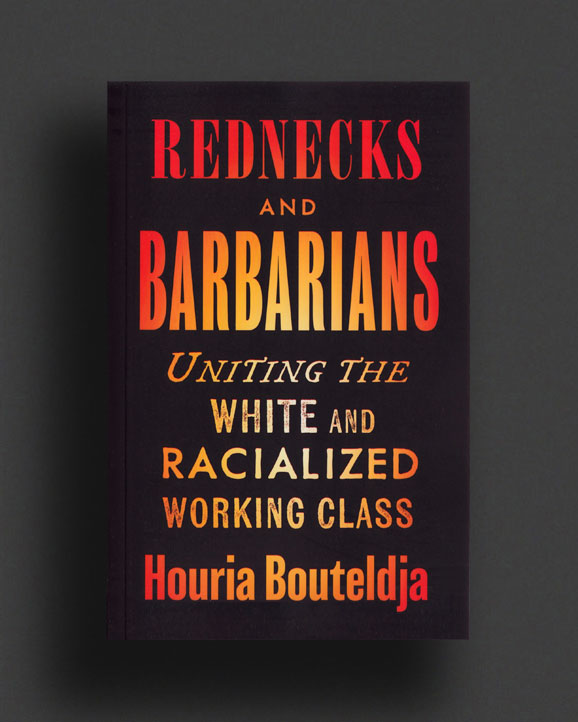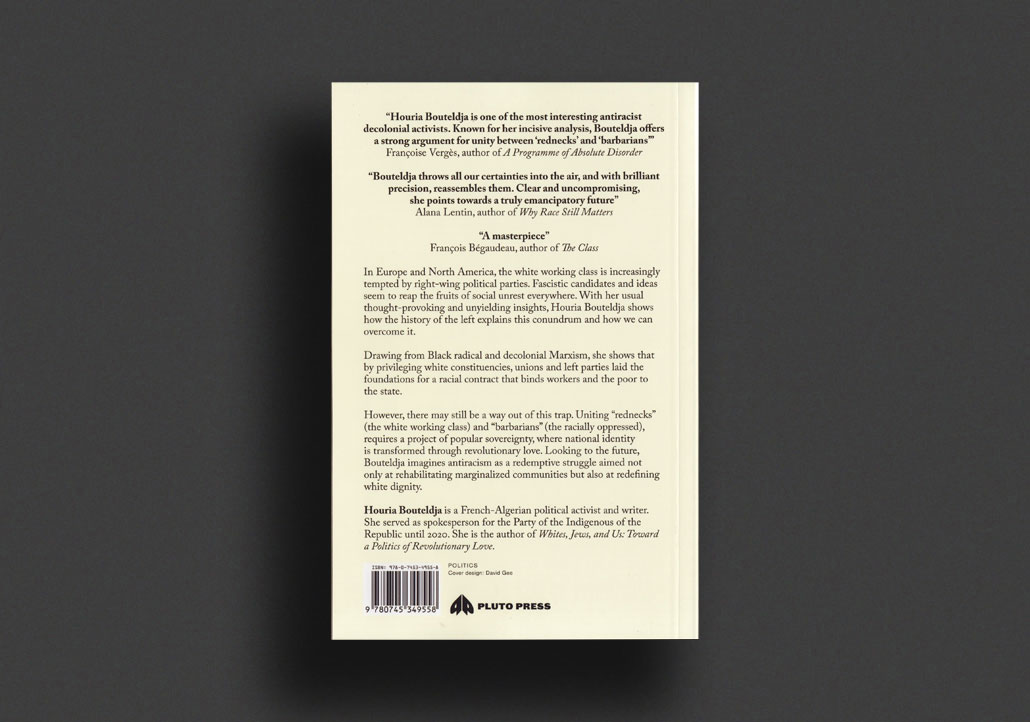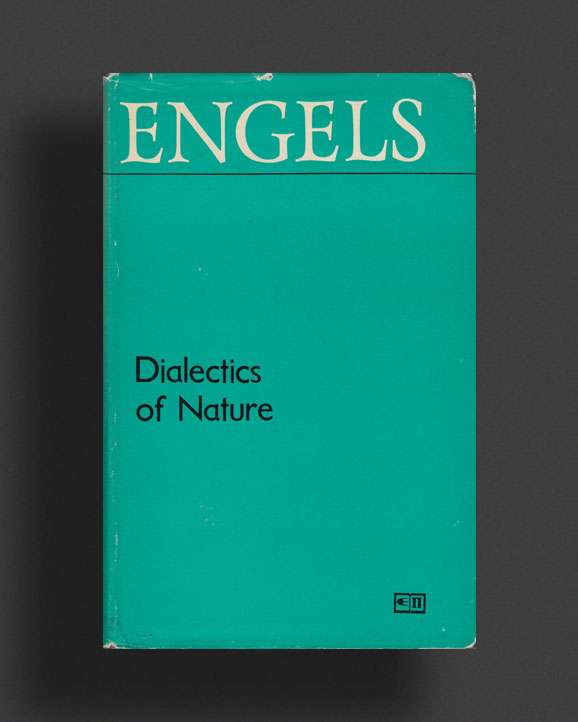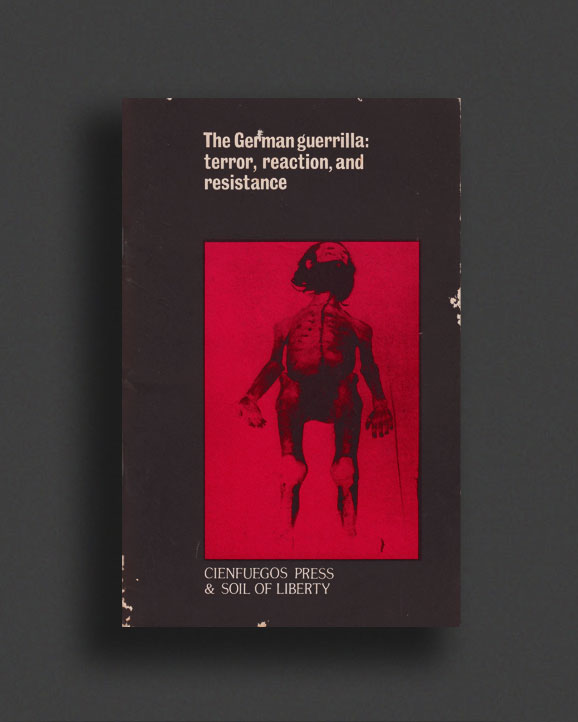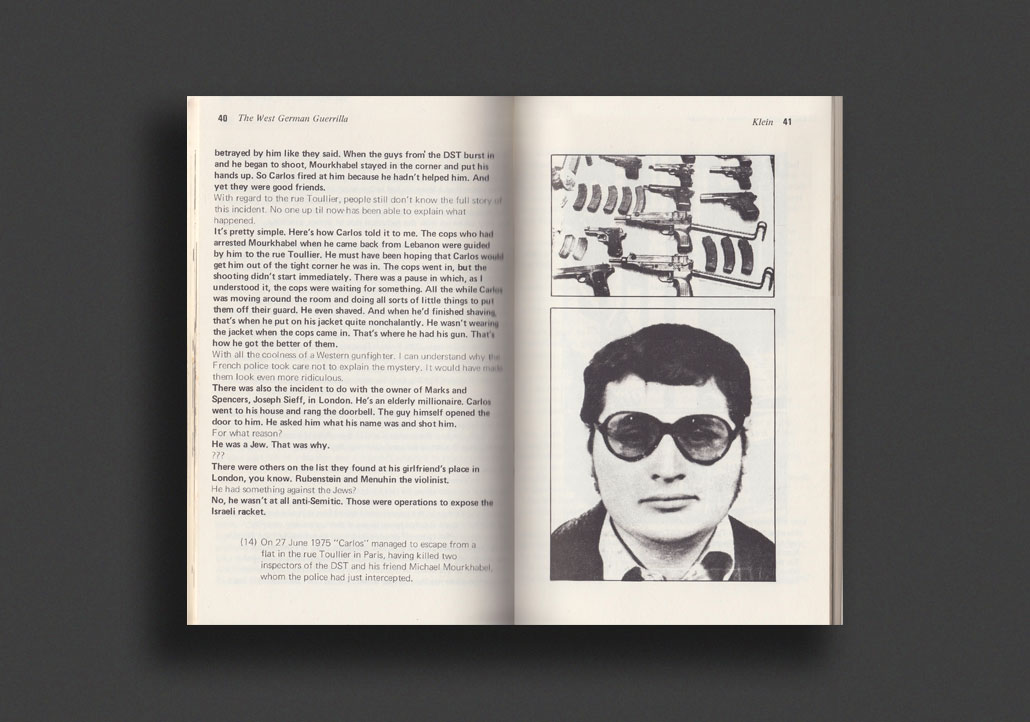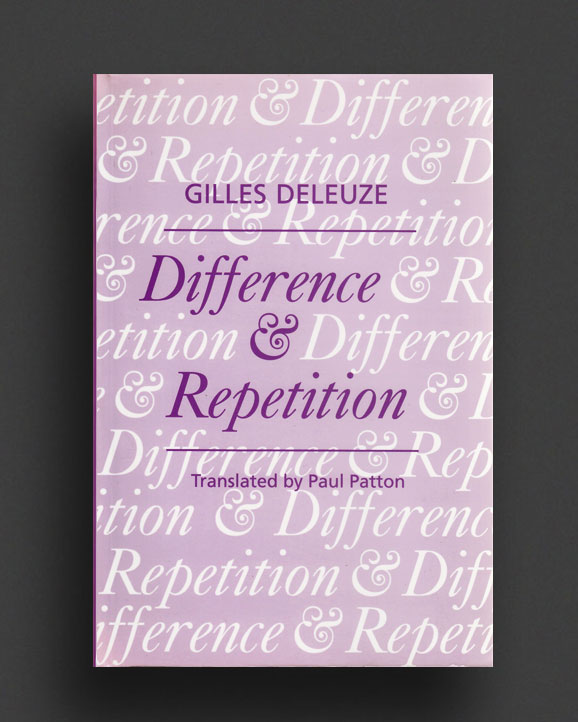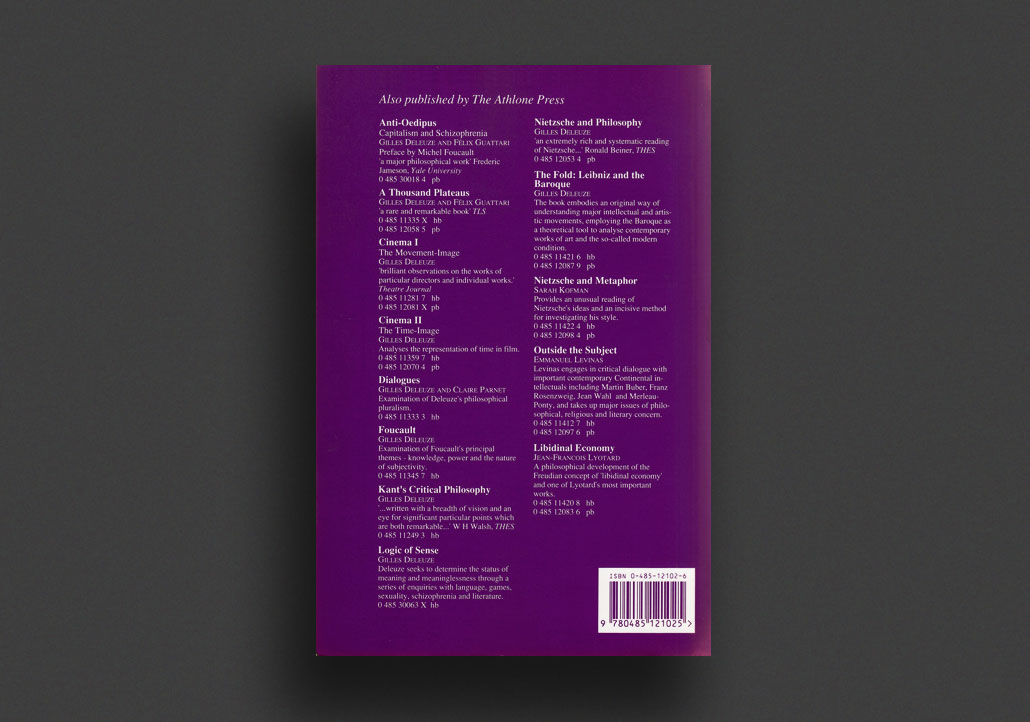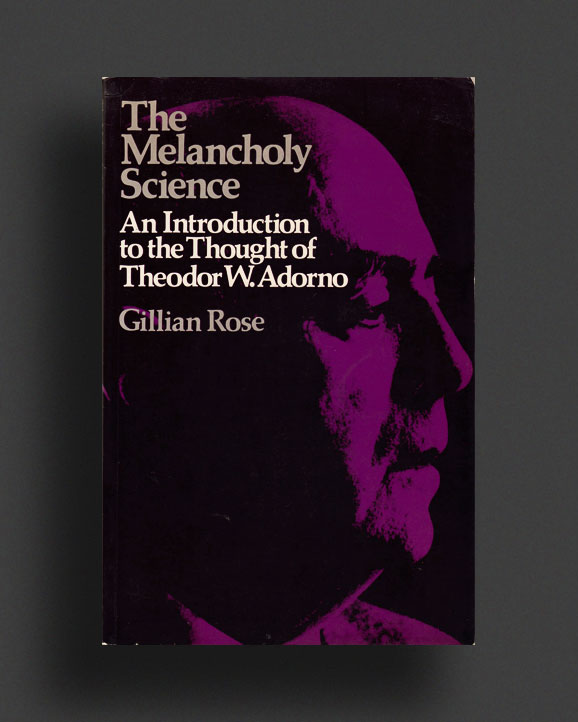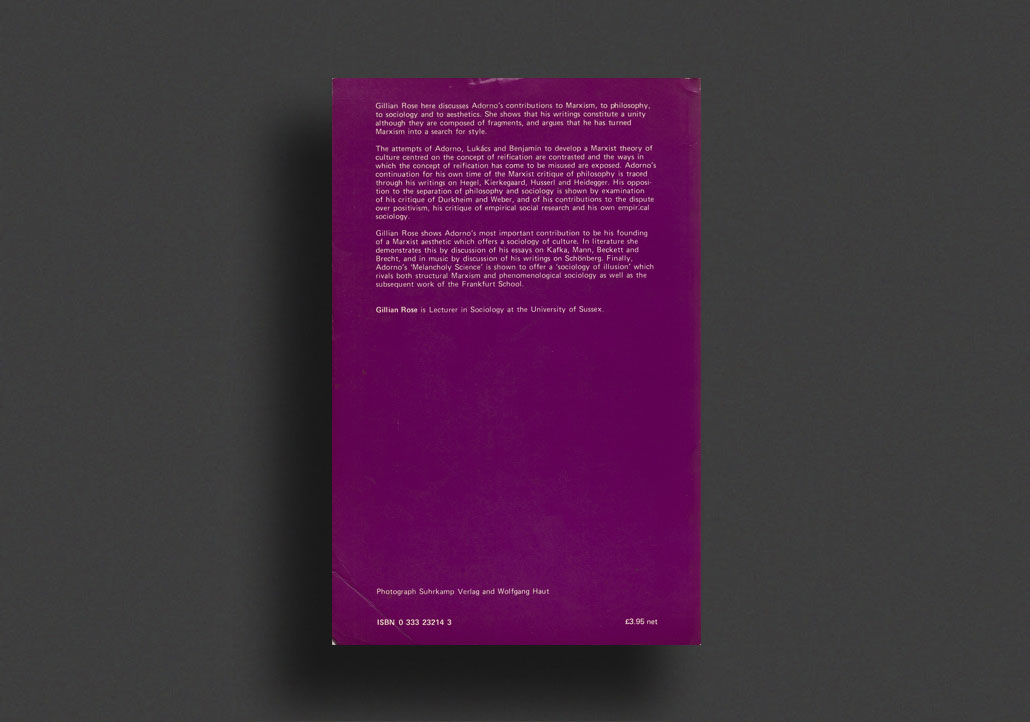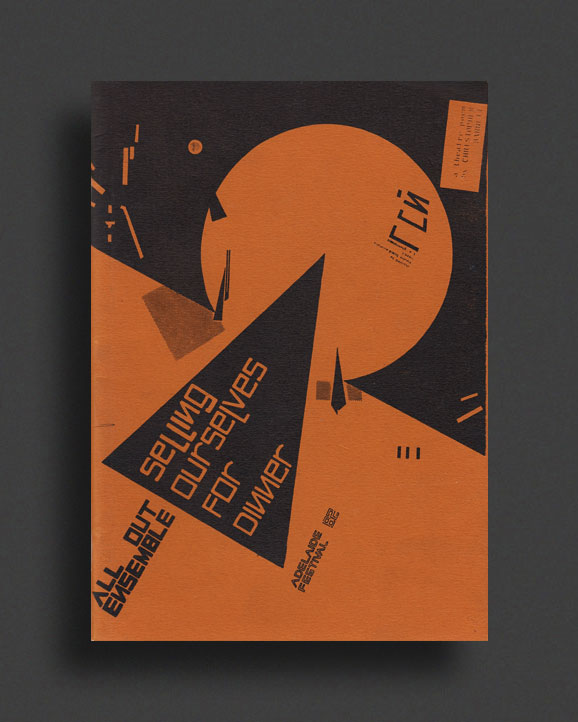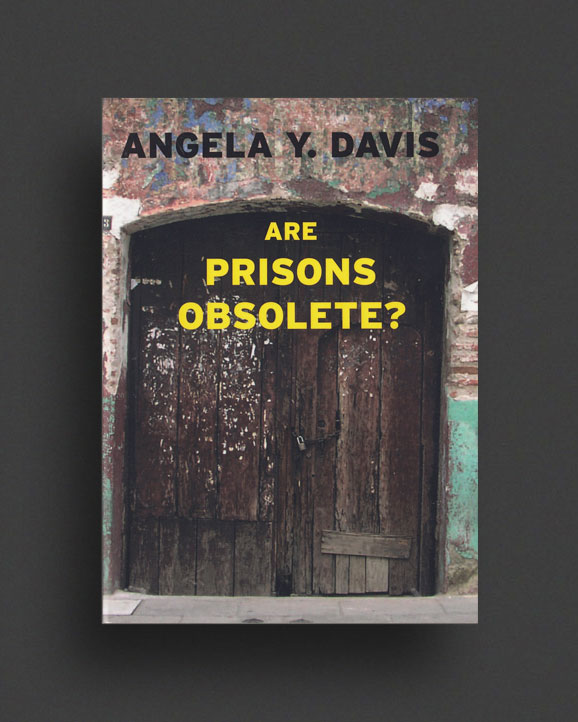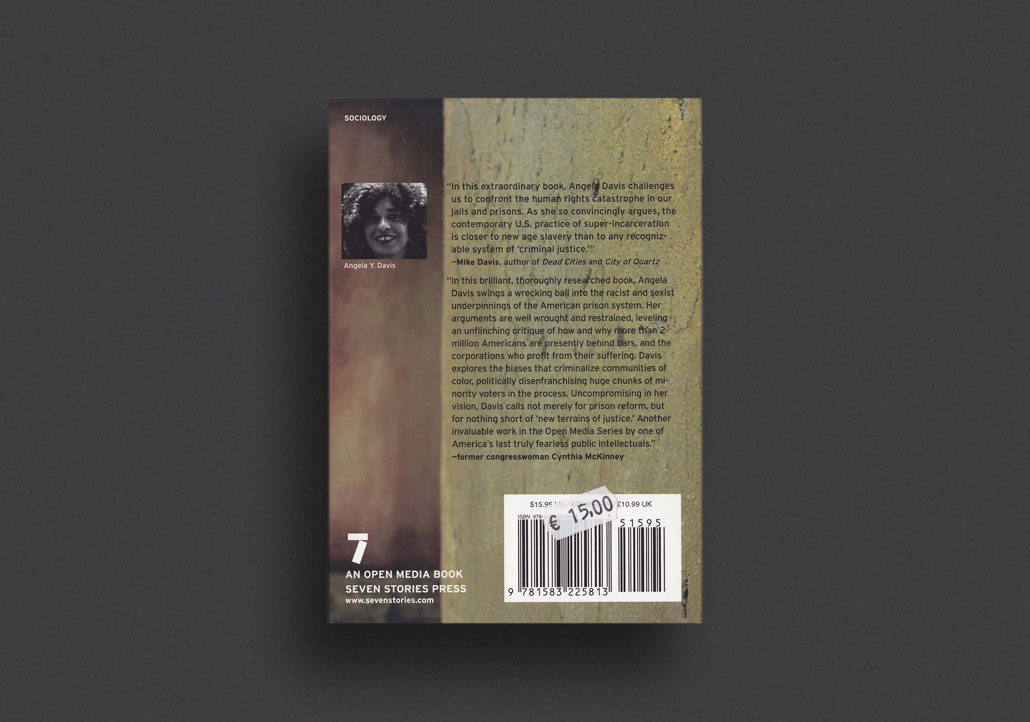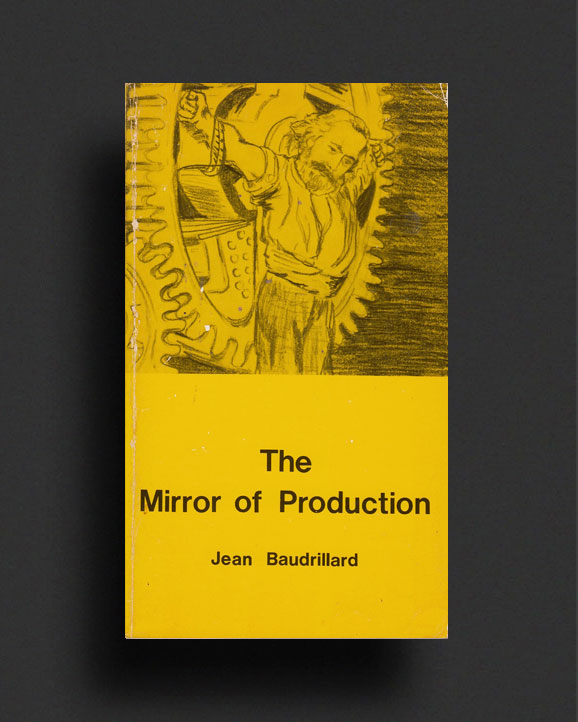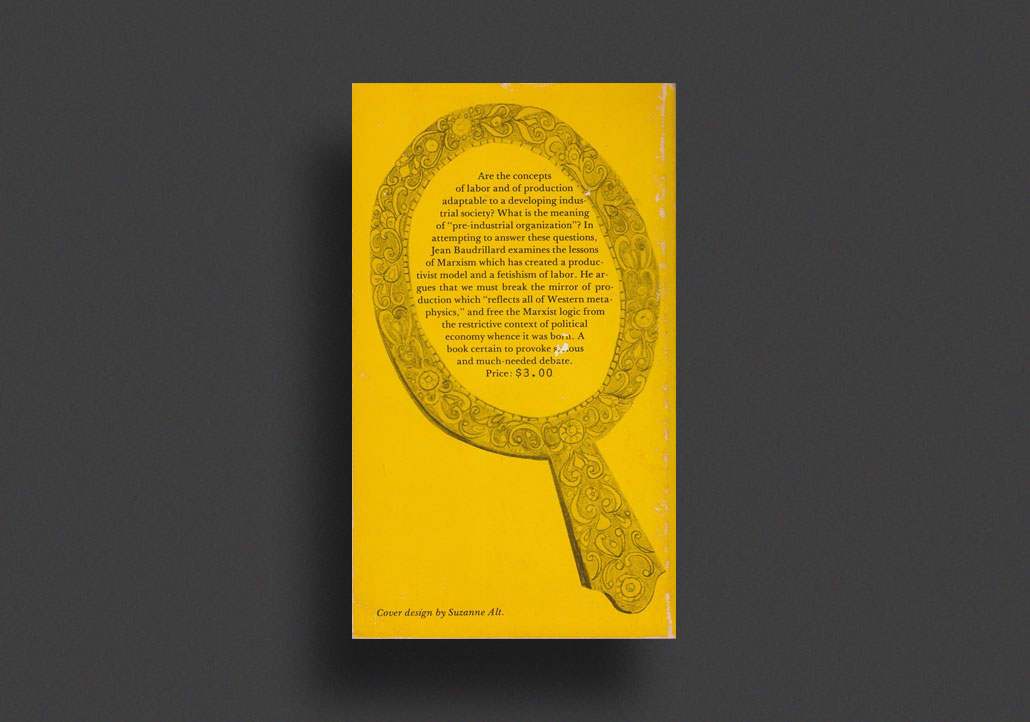(...less)
Why is our life dominated by discontent, by anguish, by the fear of war, by war? In order to answer this question I have written La rabbia, not following a chronological or perhaps even a logical thread, but only my political reasons and my poetic sense.—Pier Paolo Pasolini
Written in response to producer Gastone Ferranti’s request for his comments on a set of newsreel items, the poet would respond with a montage of his own. Via the unfolding of a chrysalis of images, in La rabbia (1963), Pasolini’s lens pans over Soviet repression in Hungary; the Cuban revolution; (the utopian object of) space exploration; political imprisonment in Algeria; the liberation of the former European colonies; the election of Pope John XXIII; the prospect of revolution in Africa and the Middle East; in Europe and in Latin America… Here, we’ve a panoply of photorealist intimations of Pasolini’s ‘poetic sense.’ The death of Marilyn Monroe crests as an idea in this tidal pooling of reflections, as the poet’s line lights out for conceptual rhymes and counterpoints.
In Viti’s translation, the weave of prose and poetry that forms La rabbia portrays the vitality of Pasolini’s work in its capacity to speak to both the specifics of his contexts, the character of our own present tense, and the ironic fact of a life lived against the gulf of discontent in its myriad forms. Here, we’ve a startling confrontation of a revolutionary struggle in stasis set in lines that crystallise a rallying call against blindness. ‘I’ll not have peace, not ever,’ he writes. A lucid acceptance of the poet’s restlessness, and a marker for Pasolini’s commitment to a solidarity with the oppressed that we find reaffirmed on every page, in La rabbia the poet charts how ‘the powerful world of capital takes an abstract painting as its brash banner’ in this unravelling of ‘crisis in the world.’
Praise for Viti's translation of Pasolini's La rabbia
Pasolini’s poems thrive with passion and outrage. A 20th century Dante, he grieves at inequity, feels disgusted by corruption, and wails against the evil that people do. Pasolini doesn’t render a coming paradise, but contests hate with love, meanness with generosity, and through the reality of his beautiful poems, suggests the possibility of creating a better world.—Lynne Tillman
Pasolini saw what was coming, and saw the poet’s mission as an excoriation of this world to come, that has now arrived. His tremendous energy was not negative. It came from an abounding love of the world. Picturing himself like a hero from ancient days, he struggled mightily, in and against the powers arrayed against life. What he called neocapitalism already came with its own brands of neofascism. Good comrade that he was, he knew the mark of our enemies, and where to direct his rage. Here we find him in a moment when he thought the good fight might still be won. A book to give us courage.—McKenzie Wark
Pier Paolo Pasolini (1922–1975) was an Italian poet, novelist, journalist, filmmaker, theorist, and dramaturg. First and foremost a poet, he is a major figure in European literature and cinematic arts. Life in Rome during the 1950s furnished the material for his first two novels, Ragazzi di vita / The Ragazzi, 1955) and Una vita violenta / A Violent Life, 1959); works whose brutal reflections of urban poverty in the city were similar in character to the depictions of Rome in his debut film, Accattone (1961). All three works dealt with the lives of thieves, prostitutes, and other denizens of a Roman underworld. Other notable novels and narrative works in translation include the unfinished novel Petrolio (published in English in Ann Goldstein’s translation by Pantheon), a work-in-progress at the time of Pasolini’s death, and La lunga strada di sabbia / The Long Road of Sand, a facsimile of writings towards a travelogue initially published in the magazine Successo. Pasolini published numerous volumes of poetry in his lifetime, including La meglio gioventù (1954); Le ceneri di Gramsci (1957); L'usignolo della chiesa cattolica (1958); La religione del mio tempo (1961); Poesia in forma di rosa (1964); Trasumanar e organizzar (1971); and La nuova gioventù (1975). Works of poetry in English language translation include Norman MacAfee’s Poems, an anthology covering the entirety of Pasolini’s ‘official publications’ (Farrar, Strauss and Giroux, 1982); Lawrence Ferlinghetti and Francesca Valente's Roman Poems (City Lights, 1986); Jack Hirschman's anthology, In Danger (City Lights, 2010); and Thomas E. Perterson’s translation of The Divine Mimesis (Contra Mundum, 2014), amongst others. A noted journalist and publisher, Pasolini was also a rare voice in the popular press. In 1955—in collaboration with Francesco Leonetti, Roberto Roversi and others—he edited and oversaw the publication of Officina, a periodical dedicated to new poetry in Italian (which ran for fourteen issues), and contributed a regular column to Vie Nuove from May 1960 to September 1965 (titled Dialoghi con Pasolini / Pasolini in Dialogue, subsequently published as a collated edition in 1977 as Le belle bandiere / The Beautiful Flags). His literary works informed his cinema, and Pasolini would follow the release of Accattone in ‘61 with such noted features as Il Vangelo secondo Matteo / The Gospel According to Saint Matthew (1964); Uccellacci e Uccellini / Hawks and the Sparrows (1966); Oedipus Rex (1967); Medea (1969); Teorema / Theorem (1968); Porcile / Pigsty (1969); Il Decamerone / The Decameron (1971); and The Canterbury Tales (1972). Pasolini referred to himself as a ‘Catholic Marxist’ and often used shocking juxtapositions of idea and imagery to expose the vapidity of values in modern society. His friend, the writer Alberto Moravia, considered him “the major Italian poet” of the second half of the 20th century. Pasolini was murdered in 1975.
Cristina Viti is a translator and poet working with Italian, English and French. Her most recent publication was a co-translation of poems by Anna Gréki (The Streets of Algiers and Other Poems, Smokestack Books, 2020), and her translation of Elsa Morante’s The World Saved by Kids and Other Epics (Seagull Books, 2016) was shortlisted for the John Florio Prize. Previous publications include the Selected Works of Dino Campana (Survivors’ Press, 2006), including a full version of the Orphic Songs, and excerpts from Carlo Emilio Gadda’s War & Prison Journals (in No Man’s Land, Serpent’s Tail 2014). Other translations (including Amelia Rosselli, Clemente Rèbora) and/or Viti’s own poetry have been published in various reviews (including Shearsman Magazine, Agenda, The White Review, et cetera). Her Italian version of Orson Welles’ Moby Dick—Rehearsed is in production with the Teatro dell’Elfo in Milan. A translation of Furio Jesi’s essays on literature, myth and revolt (Time & Festivity, Seagull Books 2021) is the subject of one of three video presentations on Jesi commissioned by the Italian Institute in London. Among other projects, forthcoming are translations of a collection by Luigi Di Ruscio—a poet from the Marche who, over forty years, created a prodigious body of work after his daily shifts in a steel factory in Oslo—and Luca Rastello’s The Rain’s Falling Up, a novel exploring the politics and spirit of the Seventies in Italy. Viti currently holds collaborative translation workshops within the Radical Translations project run by the French and Comparative Literature departments of King’s College.
File under:
Pier Paolo Pasolini
Pier Paolo Pasolini
Tenement Press / Earth
Film / Video
Sociology / Politics
Theory / Essay
Protest / Revolt
Socialism / Communism / Capitalism




















































































































































